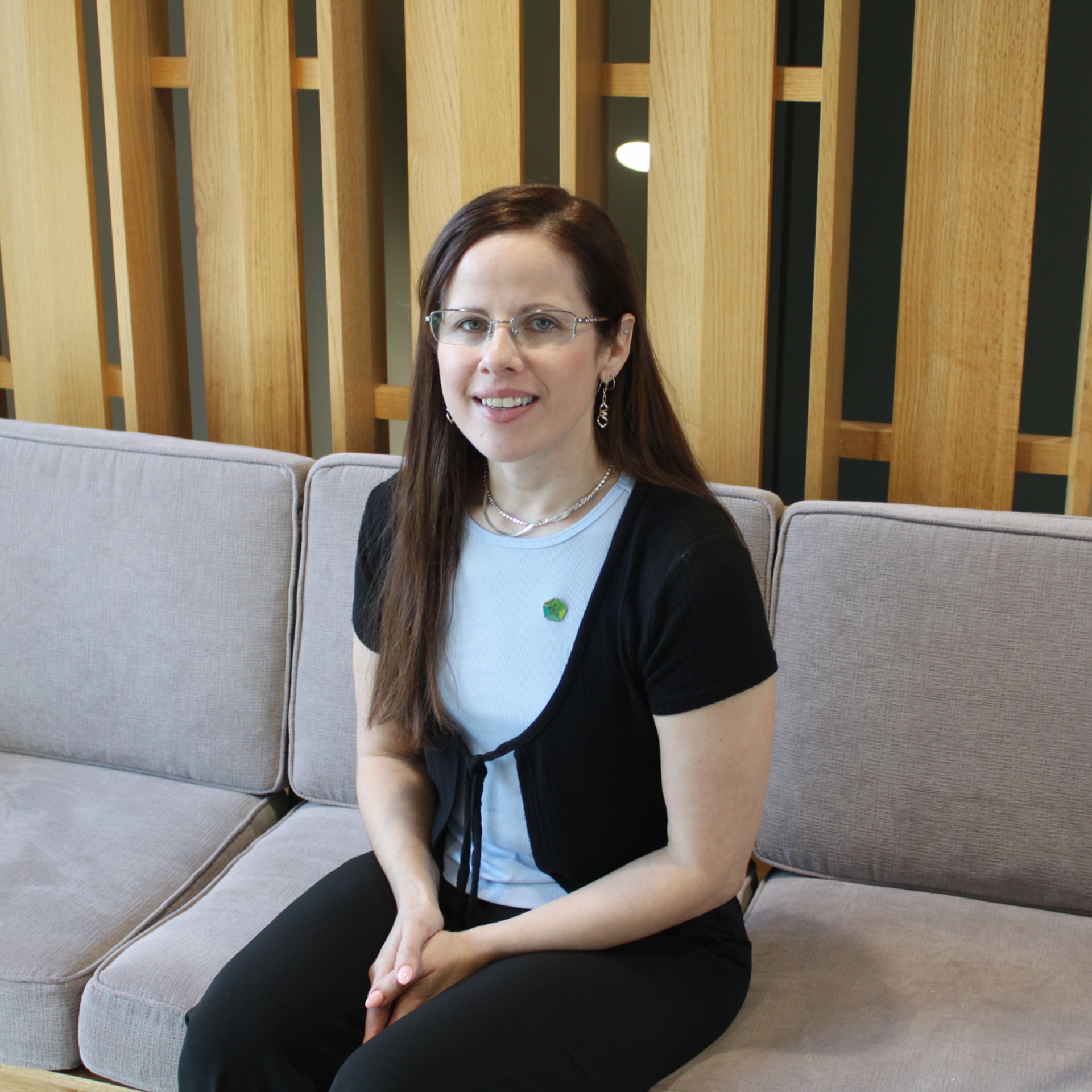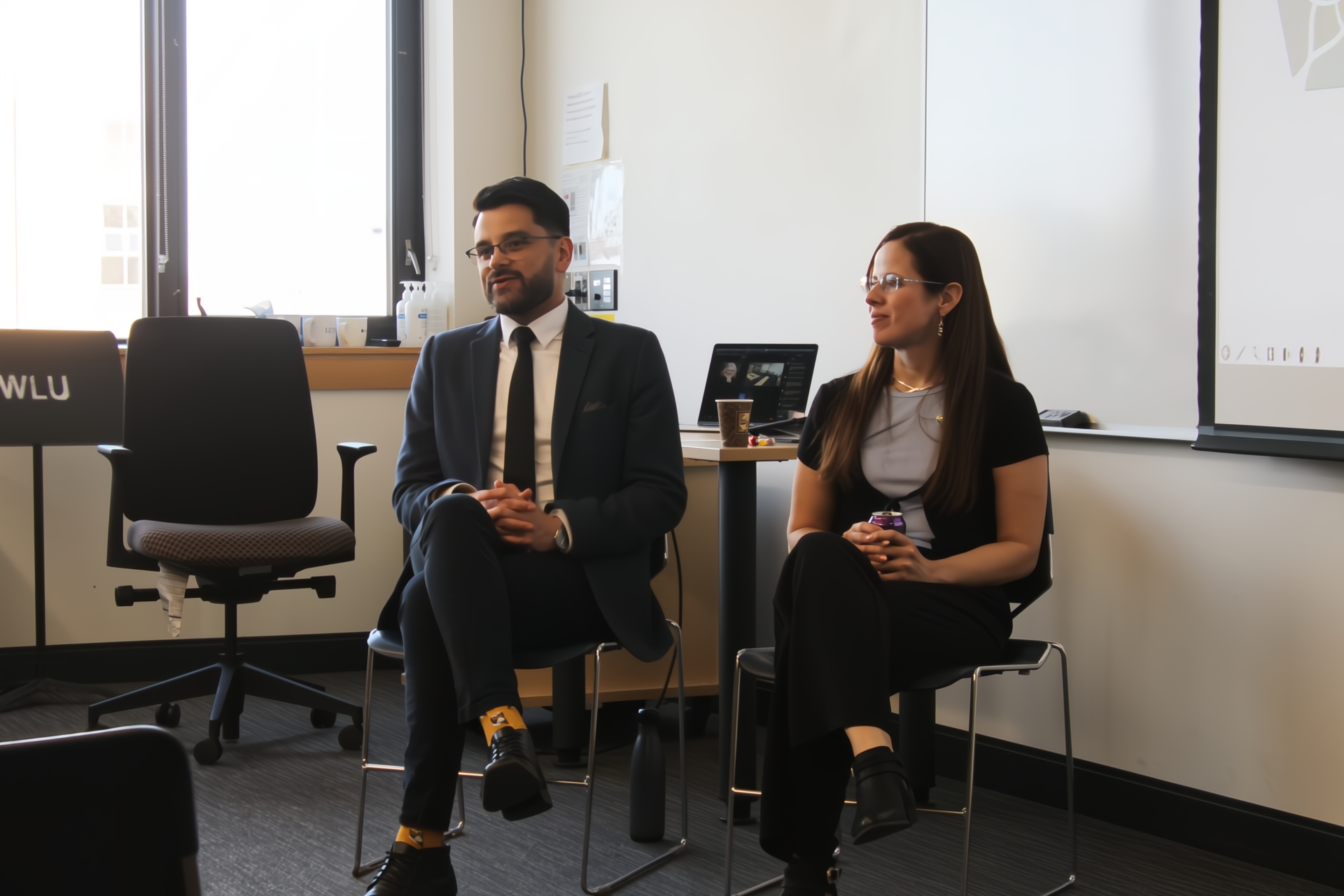We use cookies on this site to enhance your experience.
By selecting “Accept” and continuing to use this website, you consent to the use of cookies.

Capstone project: Giving Divorced Women of Faith a Voice
Susan Fehr
BA Christian Studies and Global Citizenship, Class of 2024
Luther undergraduate student Susan Fehr delved into the topic of "empowering divorced women of faith to express themselves" during her Bachelor of Arts capstone presentation. Drawing from her upbringing in a traditional Russian Mennonite household, Fehr sought to engage with women who shared similar backgrounds to her own.
Fehr’s research involved interviews with six divorced women of faith which took place in person, over the phone and through email. These wide-ranging discussions focused on the similarities and differences between each of their overlapping experiences with abuse, divorce and the intersection of faith and generational trauma.
“Working on this project has highlighted the lack of genuine support for divorced women, especially in religious circles,” said Fehr.

Héctor A. Acero Ferrer, Interim Program Coordinator, Bachelor of Arts in Christian Studies and Global Citizenship, Susan Fehr, BA Christian Studies and Global Citizenship
Feelings of shame and fear of scrutiny were some of the most prevalent barriers experienced by these women. In each of their circumstances, they were rejected by their communities and experienced social disconnection, emotional and financial stress.
“I hope that everyone listening to my presentation was able to see the importance of divorced women of faith to belong by being able to share our stories. The diversity of needs for these women requires everyone to be ready to listen without judgement,” said Fehr.
Russian Mennonites also lack education, and their restrictive upbringings have made them unable to find employment due to fear or a lack of knowledge about what their options are. Living segregated lifestyles also limits their contact to anyone outside of their communities.
Modern women of faith also face rejection from certain community members, but their integrated life exposes them to social resources, provides them with the ability to explore career opportunities and find new social connections.
Women from both religious backgrounds struggle to create new identities and adapt their goals to a future they would not have had outside of divorce.
Fehr hopes to apply the research and knowledge she gained from her project to her future endeavors.
“I feel that I have just begun telling these stories and this will likely become an ongoing theme in my life. Pursuing further research on the topic is high on my bucket list but either way I intend to work directly with divorced women of faith,” said Fehr.
“I was sadly not shocked by the stories, but what did surprise me was the simple yet complex solution.”
Fehr stressed the importance and necessity of providing women with the ability to share their stories and be actively listened to.
“We belong, we need a voice, we need to be heard, understood, and given the time and ability to find our identity outside of marriage and divorce,” said Fehr.